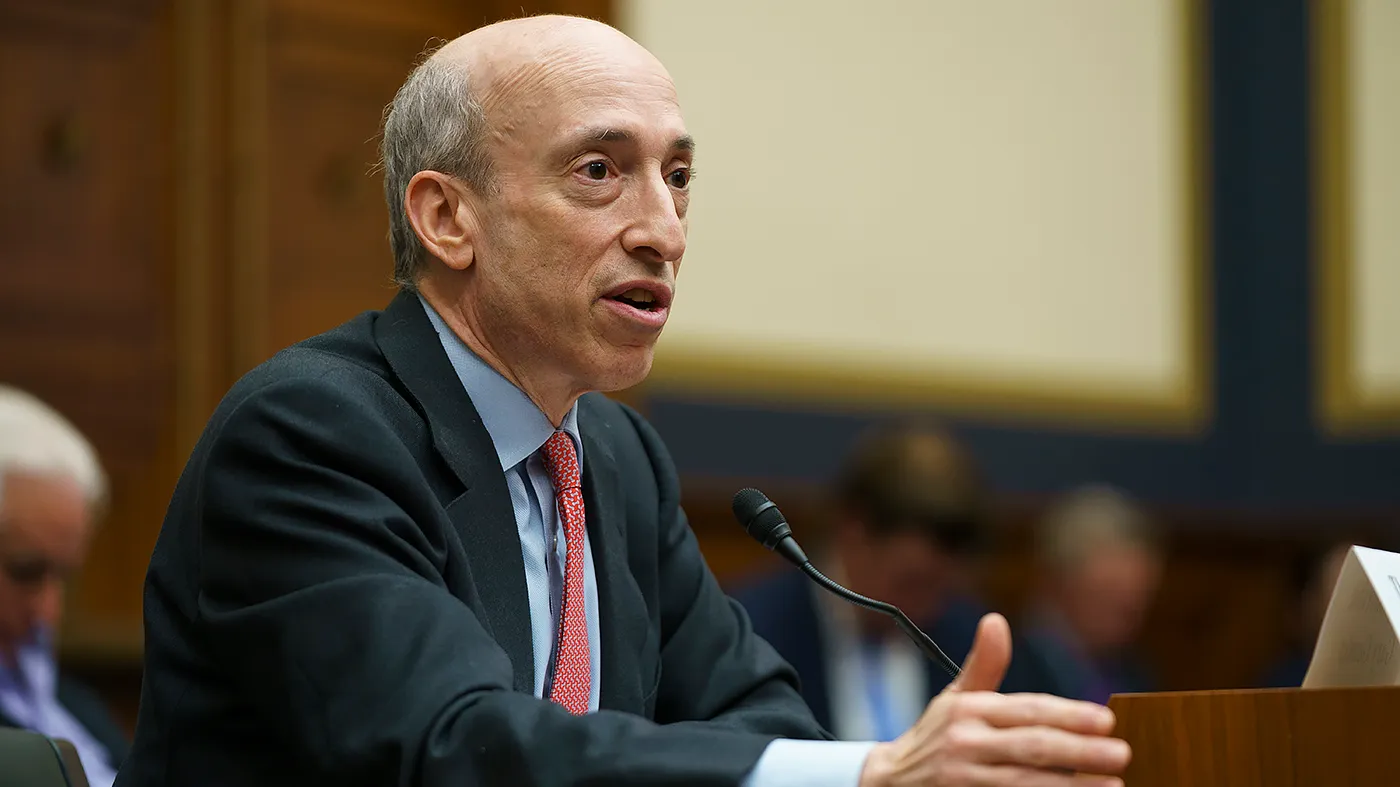How powerful is AI? US regulators are already fearing AI’s impact on financial stability.
The Financial Times reported on October 15 that Gary Gensler, chairman of the US Securities and Exchange Commission (SEC), urged regulators to urgently find a way to manage the risks to financial stability posed by the concentration of power in artificial intelligence platforms.
Gensler said that without rapid intervention, it is “almost inevitable” that AI will cause a financial crisis within a decade. He believes that it is important for US regulators to develop artificial intelligence regulations, and the potential risks span financial markets.
Also read: China unveils stricter regulations for AI training data
AI could encourage herd behavior – Gensler
Gensler noted that most of the SEC’s regulation is directed at specific institutions, specific banks, specific money market funds, specific individuals. But the AI models used by financial institutions may come from tech companies and fall outside the SEC’s jurisdiction.
Wall Street has deployed many big models, and Gensler worries that all parties making decisions based on the same data models could lead to herd behavior that undermines financial stability and triggers the next crisis.
Laws playing catchup with AI prowess
Regulators around the world are grappling with how to regulate AI, as tech groups and their models are not naturally on the radar of specific regulators.
The European Union has moved quickly to draft tough measures to curtail the use of artificial intelligence in a groundbreaking law that is due to be fully approved by the end of the year. The United States is conducting a review of the technology to determine what needs new regulation and what needs to be complied with current laws.The U.S. Federal Trade Commission launched a review of ChatGPT maker OpenAI in July, focusing on consumer harm and data security. Antitrust authorities have warned that AI’s structural reliance on scale could lead to technological monopolies.

